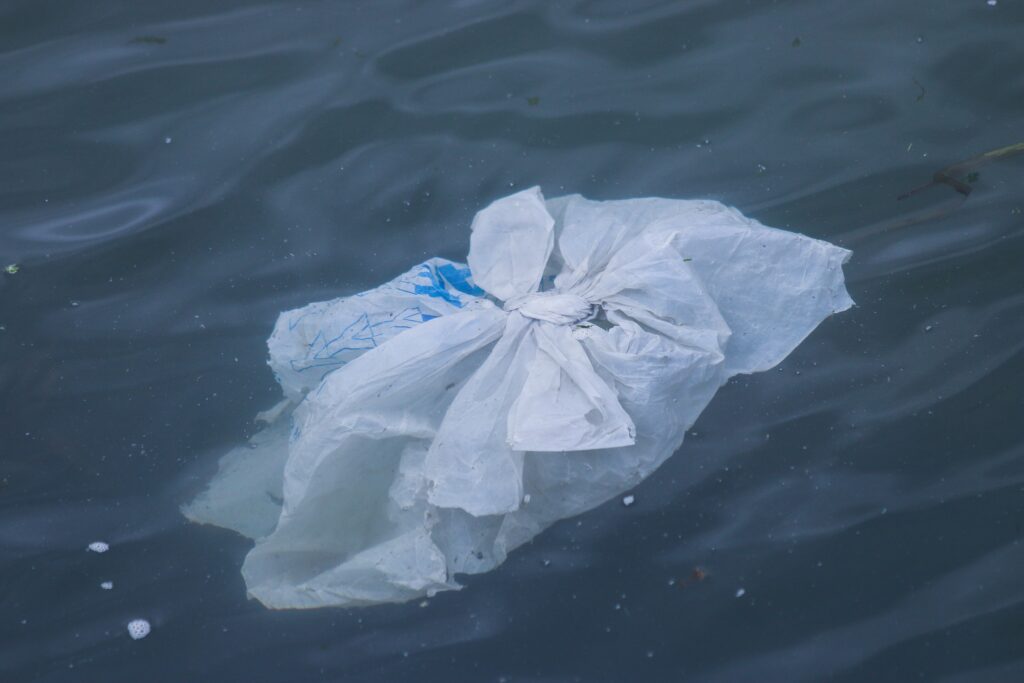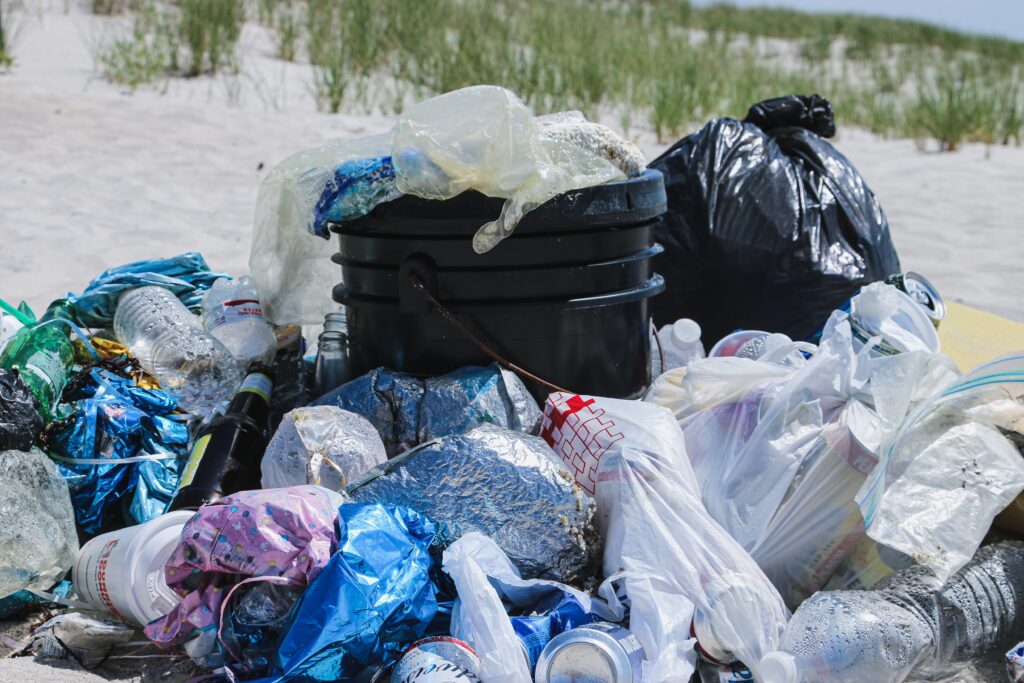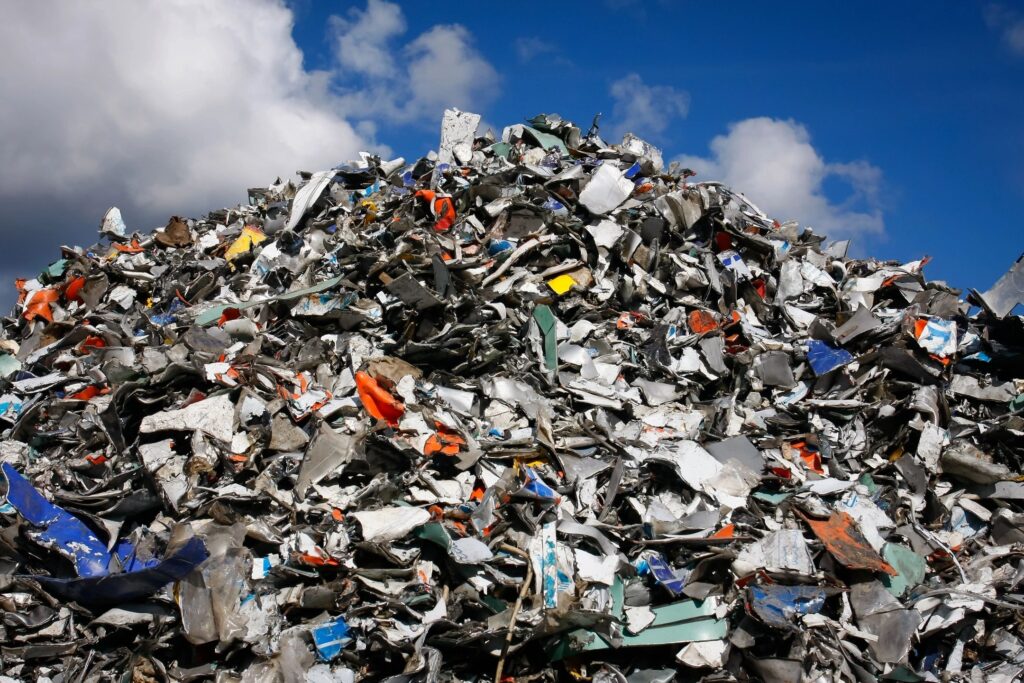Breaking the Plastic Habit: A Guidance Note and Practical Toolkit

Behavioural insight interventions to reduce plastic consumption were implemented in four countries in the Asia-Pacific: Indonesia, the Philippines, Thailand, and Viet Nam. Case studies on the four pilot projects provide a detailed account of the process of designing and evaluating interventions using a variety of behaviour change levers. Lessons and positive outcomes from these pioneering […]
Inspiring Stories of Community-Based Waste Management: Sharing Experiences Across Indonesia via Participatory Action Research

The initiative and role of the community in dealing with waste need to be recognized. Especially when it comes to waste, a problem that never ends. Every effort to strengthen these initiatives and roles certainly has stories of ‘struggle’ that can be a personal and collective community. Including waste banks, NGOs, and communities that are […]
Cities and Businesses Tackling the Tourism Plastic Crisis

Everyday, plastic flows into our natural environment at an unprecedented rate, posing a threat to land and marine ecosystems, local economies and human health. The tourism sector, including destinations and business, has an important role in contributing to the solution for plastic pollution. Tourism is responsible for up to 40% increase of marine litter in […]
[WWF] Community Generates Funds from Selling Recyclables through a Waste Bank Initiative
![[WWF] Community Generates Funds from Selling Recyclables through a Waste Bank Initiative [WWF] Community Generates Funds from Selling Recyclables through a Waste Bank Initiative](https://plasticsmartcities.org/wp-content/uploads/2023/12/Surat-Thani-Case-Study-1024x303.png)
The separation of waste at source is supported through the provision of segregation bins to collect recyclable waste, which is sold to recyclers – this intervention generates income for the community from waste sorting. KEY SUCCESSES As of November 2023, the community has sold recyclable waste to the junk shop five times, totalling 1,195 kilograms […]
[WWF] The Plastic Waste Free School in Viet Nam
![[WWF] The Plastic Waste Free School in Viet Nam [WWF] The Plastic Waste Free School in Viet Nam](https://plasticsmartcities.org/wp-content/uploads/2023/09/Plastic-Waste-Free-School-Viet-Nam-1-1024x498.jpg)
Students can become agents of behavior change towards the plastic waste problem. TARGET USERS: Educational Institution, Teacher, Student KEY CONSIDERATIONS: The exact implementation can be adapted to different school conditions and students’ attitudes towards the issue. Besides direct engagement and behaviour change aimed at students, a potential knock-on effect is that students and youths can influence their […]
WWF PACT

Industry plays a crucial role in the global production and use of plastics and thereby is a key player in the effort to reduce plastic pollution. TARGET USERS: Businesses, Industry, Government KEY CONSIDERATIONS: Business-led initiatives have long differentiated leaders in an industry, and can often lead to new industry standards and benchmarks that raise the bar for […]
Waste Wise Cities Challenge

The Changemaker City Challenge pairs cities in emerging economies with partner cities to support the development of waste management systems. TARGET USERS: Individuals, Businesses, Industry, Government KEY CONSIDERATIONS: UN-Habitat’s Waste Wise Cities program has launched a challenge to clean-up and establish sustainable waste management programs in 20 cities around the world by 2022. MORE INFORMATION: Visit Waste Wise […]
Clean Urban Waterways

Urban canals and rivers are an increasingly common end-point for consumer plastics, but can be kept clean using litter traps that retrieve floating plastic debris before it can enter seas and oceans. TARGET USERS: Individuals, Businesses, Industry, Government COSTS: Project specific KEY CONSIDERATIONS: Litter trap technologies take advantage of natural forces such as water currents and wind to effectively capture plastic […]
Bye Bye Plastic Bag

Bye Bye Plastic Bags is a community engagement and educational movement driven by youth that advocates for no plastic bags. TARGET USERS: Individuals, Businesses KEY CONSIDERATIONS: The campaign was launched in 2013, in Bali, and has since grown to 50 team sites with around the world. The teams raise public awareness by delivering school presentations and workshops, organizing beach clean-ups, […]
Controlled Disposal Facility

Controlled disposal facilities are considered the last available option for material disposal. TARGET USERS: Businesses, Industry, Government KEY CONSIDERATIONS: The increasing awareness of public health and environmental quality concerns are expected to provide the impetus that is needed to develop and implement a sustainable approach to managing solid wastes and rehabilitation of the existing open dumps. MORE INFORMATION: […]